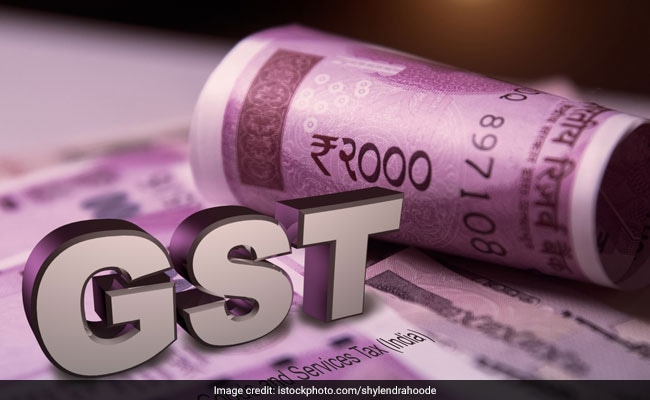
CBEC has said that input tax credit will not be lost in transition to goods and services tax
The government has announced a June 30 midnight launch for GST or Goods and Services Tax, the new indirect tax regime. Various departments under central government are working towards a seamless transition to GST from the existing indirect tax system. The Central Board of Excise Board has said that ITC or input tax credit will not be lost in transition to goods and services tax. Allaying concerns of industry and businesses on input tax credit - applicable on items held as input, semi-finished goods, finished goods or capital goods - after GST kicks in, the CBEC under the revenue department said: "The law allows you to carry forward your inputs tax credit and ensures that no ITC is lost while migrating into the new regime."
The CBEC has come out with clarifications on details required and available input tax credit available to manufacturers, traders and service providers under GST. It explained various provisions using the following table:
The Central Board of Direct Taxes, which is the apex policy-making body for indirect taxation, also shed light on which forms will be applicable to different taxpayers - manufacturers, traders or service providers.
Form GST Trans 1
This form is for use by manufactures and services providers - those who are already registered under existing central laws and those who are supplying exempted goods or services under existing laws (not liable to be registered under existing laws). Traders not liable to be registered under the current laws will also be required to use this form. Submissions can be made on or before September 30, 2017. "Commissioners can extend the time limit for another 90 days," the CBEC further said.
Form GST Trans 2
This form will be used in case of traders who are not liable to be registered under existing central laws. Form GST Trans 2 can be submitted at the end of each of the first six months, the CBEC added.
Touted as the biggest tax reform since Independence in 1947, GST is aimed at creation of a common market, preventing 'tax-on-tax' and making goods and services cheaper.
The Central Board of Excise and Customs had earlier come out with a few clarifications on facts highlighting GST provisions relating to invoice for trade.
The CBEC has come out with clarifications on details required and available input tax credit available to manufacturers, traders and service providers under GST. It explained various provisions using the following table:
| Category of taxpayer | Details to be provided | Amount of ITC available |
| Manufacturers and Service Providers already registered under existing Central laws | Closing balance of Cenvat credit | Closing balance of Cenvat credit as per last return |
| Manufacturers and Service Providers already registered under existing Central laws | Balance of un-availed Cenvat credit on capital goods | Amount of Cenvat credit on capital goods not availed earlier |
| Manufacturers and service providers supplying exempted goods/services under existing laws (not liable to be registered under existing Central laws | Stock of inputs (held as inputs/semi-finished goods/finished goods) to be used for making taxable supplies where duty paid invoices available | Amount of duty paid as per available duty paid invoice |
| Trader (not liable to be registered under existing Central laws) | Stock of inputs (held as inputs/semi-finished goods/finished goods) to be used for making taxable supplies where duty paid invoices available | Amount of duty paid as per invoice details submitted |
| Traders (not liable to be registered under existing Central laws) | Stock of inputs (held as inputs/semi-finished goods/finished goods) to be used for making taxable supplies where duty paid invoices NOT available | In case of intra-State supplies:
|
The Central Board of Direct Taxes, which is the apex policy-making body for indirect taxation, also shed light on which forms will be applicable to different taxpayers - manufacturers, traders or service providers.
Form GST Trans 1
This form is for use by manufactures and services providers - those who are already registered under existing central laws and those who are supplying exempted goods or services under existing laws (not liable to be registered under existing laws). Traders not liable to be registered under the current laws will also be required to use this form. Submissions can be made on or before September 30, 2017. "Commissioners can extend the time limit for another 90 days," the CBEC further said.
Form GST Trans 2
This form will be used in case of traders who are not liable to be registered under existing central laws. Form GST Trans 2 can be submitted at the end of each of the first six months, the CBEC added.
Touted as the biggest tax reform since Independence in 1947, GST is aimed at creation of a common market, preventing 'tax-on-tax' and making goods and services cheaper.
The Central Board of Excise and Customs had earlier come out with a few clarifications on facts highlighting GST provisions relating to invoice for trade.
Track Latest News Live on NDTV.com and get news updates from India and around the world

